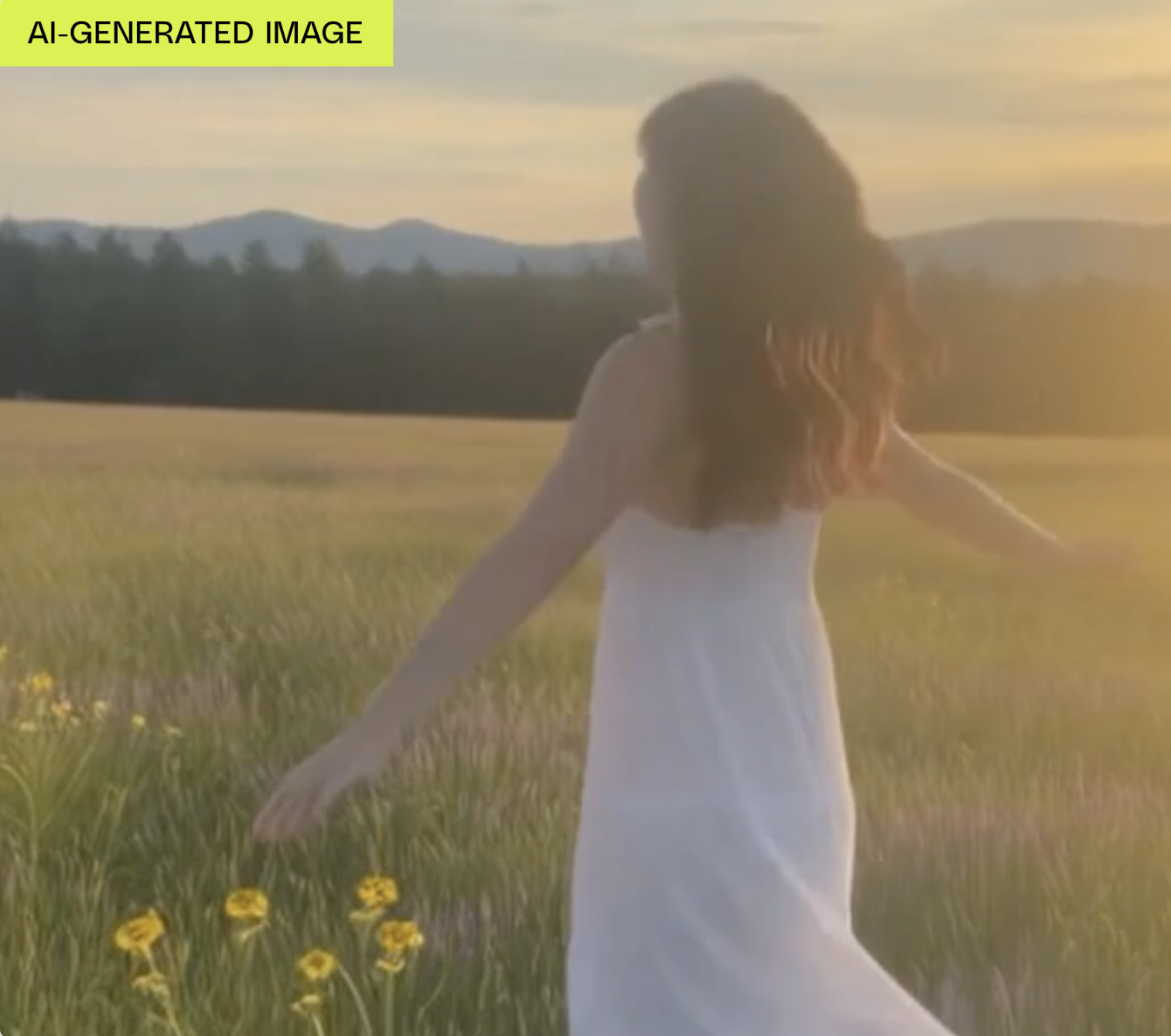OpenAI's Sora App Sparks Deepfake Concerns
04 Oct 2025- OpenAI’s Sora iOS app creates 10‑second AI videos and likeness "cameos," sparking meme virality but raising deepfake, copyright, and weak‑safeguard concerns despite watermarking and identity controls.

OpenAI’s new iOS app Sora lets users generate 10‑second AI videos — including “cameos” that recreate a user’s likeness or anyone who has approved use of theirs. The Verge’s Hayden Field describes a feed full of surreal, memeable clips (anime Jesus flipping tables, employees in Hamilton costumes, Sam Altman meowing in a cat suit) and notes the app shot to the top of Apple’s free charts soon after launch.
Reception is mixed. Some users and reporters worry about misinformation and copyright — people have generated recognizable characters and copyrighted properties — while others dismiss the output as “AI slop.” Inside OpenAI, staff expressed both pride and concern: John Hallman said the team tried to design a positive experience, while Boaz Barak warned it’s “premature” to assume Sora avoids deepfake and social‑media pitfalls.
The Verge found some of OpenAI’s safeguards imperfect in practice. OpenAI says every Sora video includes signals (metadata and a moving watermark), but the watermark can be omitted for some web users; screenshots and audio recordings can be captured from shared web links, making deepfakes easier to redistribute. The signup flow also ties Sora identity controls to a user’s ChatGPT account and (at publication) prevented account deletion without removing the ChatGPT account too.
Sora’s draw is simple: it makes it easy and entertaining to “meme‑ify” yourself and friends. The larger question, Field writes, is whether novelty and jokes are a sufficient basis for a social app that centers ultra‑realistic AI likenesses — especially once guardrails are worked around.
Source

